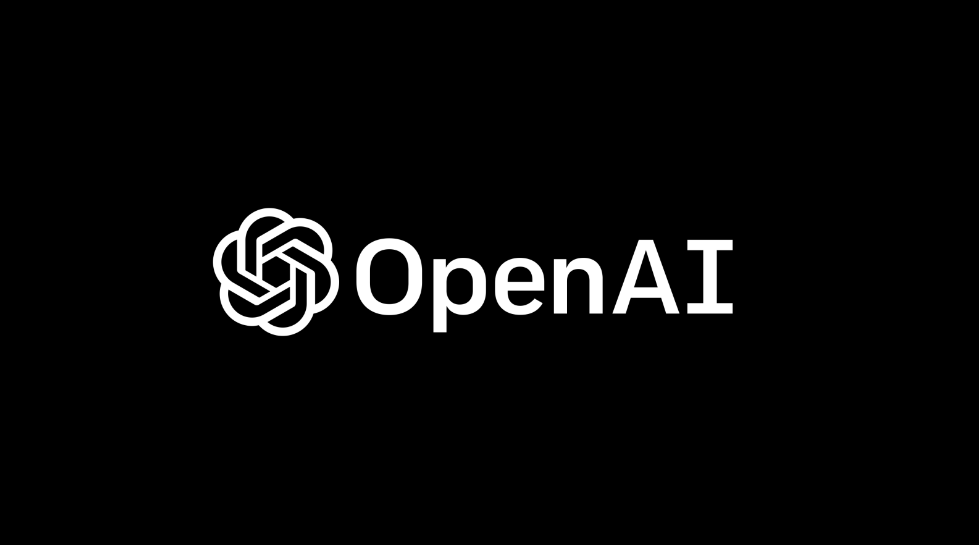Recently, the copyright lawsuit initiated by the New York Times and the Daily News against OpenAI has undergone a dramatic reversal. OpenAI engineers accidentally deleted virtual machine search data that could constitute key evidence, adding a new twist to a high-profile legal case. This move not only wastes a lot of time and resources for the plaintiff's legal team, but may also seriously affect the chain of evidence in subsequent litigation, triggering extensive discussions about the legal gray area in the use of artificial intelligence training data. The subsequent development of the incident will have a profound impact on intellectual property protection in the era of artificial intelligence, and will also sound a wake-up call for technology companies in terms of data management and legal compliance.
The New York Times and the Daily News suffered an unexpected twist in their copyright lawsuit: An OpenAI engineer inadvertently deleted virtual machine search data that could have been key evidence, adding another layer of drama to a high-profile legal dispute.
Lawyers and technical experts from the two media companies had previously spent more than 150 hours searching OpenAI's AI training data set, according to a letter filed late Wednesday in the U.S. District Court for the Southern District of New York. However, on November 14, an OpenAI engineer accidentally deleted all search data stored on the virtual machine.

Although OpenAI subsequently tried to recover the data and achieved basic success, because the folder structure and file names were "irretrievably" lost, the recovered data could not actually be used to determine the specific location of the copied news article in the AI model.
The plaintiff's lawyer emphasized that there is currently no evidence that the deletion was intentional. However, the incident highlights OpenAI's technical capabilities in searching for potentially infringing content in its own data sets.
The case highlights a legal gray area in the use of artificial intelligence training data. The two media giants pointed out that this "accident" of OpenAI not only wasted a lot of manpower and computing resources, but may also affect the key evidence chain of the upcoming legal proceedings.
Currently, OpenAI refuses to comment on this incident. This lawsuit is not only about copyright, but may also set an important milestone for intellectual property protection in the era of artificial intelligence.
The occurrence of this incident not only had a significant impact on the outcome of this lawsuit, but also sounded the alarm for other artificial intelligence companies, emphasizing the importance of data security and evidence preservation. Similar legal disputes may continue to arise in the future, which is worth Stay tuned.